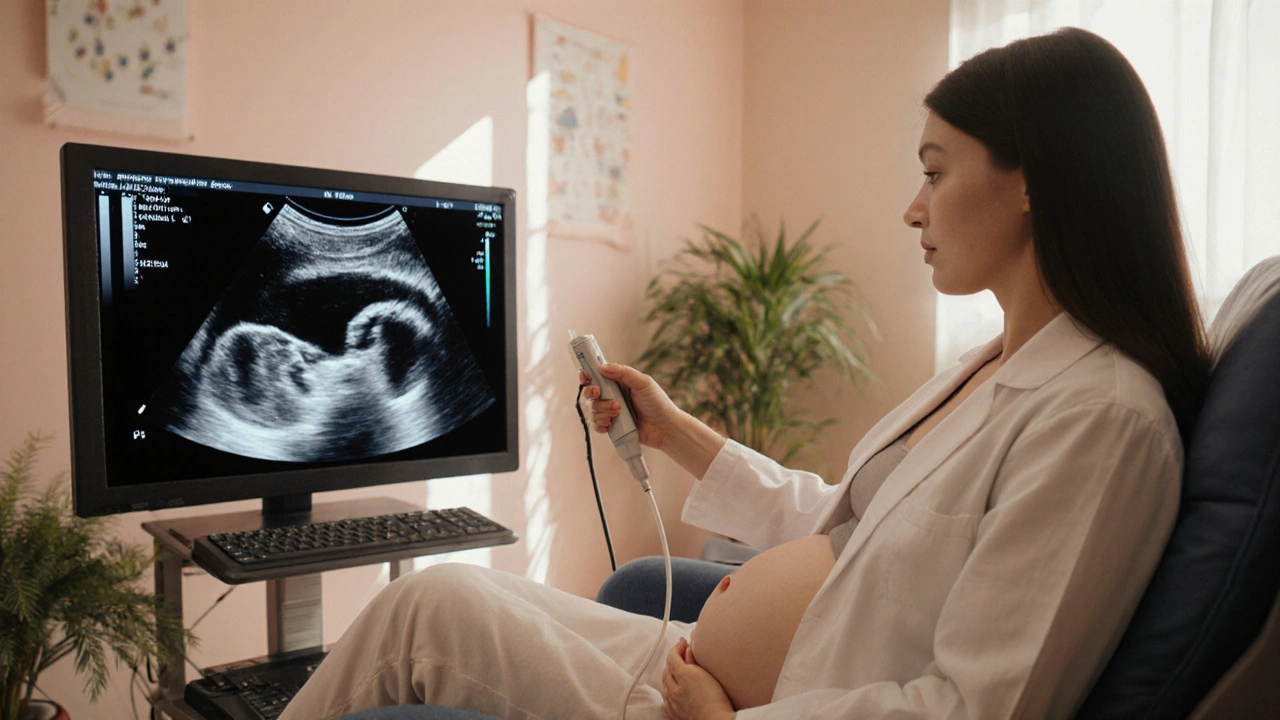Prenatal Screening: A Practical Overview
When dealing with prenatal screening, a set of tests offered during pregnancy to assess the risk of genetic or chromosomal conditions in the baby. Also known as prenatal testing, it helps expectant parents make informed choices early on. Non‑invasive prenatal testing (NIPT), analyzes fetal DNA in the mother’s blood to flag common trisomies is a cornerstone of modern screening, while chorionic villus sampling (CVS), a procedure that collects placental tissue for genetic analysis and amniocentesis, a needle‑based test that examines amniotic fluid for DNA abnormalities serve as diagnostic follow‑ups when risk scores are high. Together, these tools directly influence the detection of conditions like Down syndrome, a chromosomal disorder caused by an extra copy of chromosome 21. In short, prenatal screening encompasses risk assessment, early detection, and a pathway to deeper diagnostic testing when needed.
Key Tests in Prenatal Screening
Timing matters: a first‑trimester ultrasound and blood panel (PAPP‑A and free β‑hCG) give an early risk estimate, especially for women over 35. If those numbers raise flags, NIPT can be ordered as early as 10 weeks to confirm or refute the suspicion without any invasive risk. When NIPT or serum markers suggest a higher probability of an abnormality, CVS (usually 10‑13 weeks) or amniocentesis (15‑20 weeks) become the next step. These diagnostic tests have a small miscarriage risk—roughly 0.5‑1% for CVS and 0.1‑0.3% for amniocentesis—but they provide definitive chromosome counts and can detect a wider range of genetic disorders beyond the common trisomies. The decision to proceed often hinges on personal values, family history, and how much information parents want before birth.
Beyond the tests themselves, counseling plays a huge role. Genetic counselors translate risk percentages into plain language, explain the limits of each test, and discuss possible outcomes such as further testing, pregnancy management, or preparation for a child with special needs. Many expectant parents also wonder about the emotional impact—research shows that clear, compassionate counseling reduces anxiety and improves decision satisfaction. Whether you’re viewing screening as a routine part of prenatal care or as a targeted approach for a specific concern, the collection of articles below will walk you through drug interactions that may affect test results, cost‑saving tips for ordering tests online, and real‑world stories of families navigating the screening process. Dive in to get the actionable insights you need for a confident pregnancy journey.

Spina Bifida in Unborn Fetus: Why Early Detection Matters
- 16 Comments
- Sep, 28 2025
Learn why spotting spina bifida early in pregnancy matters, the best screening tools, prevention tips, and how timely detection shapes treatment options.




